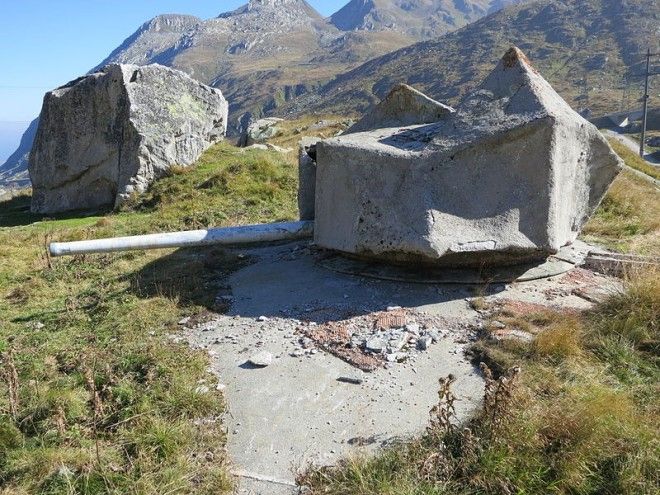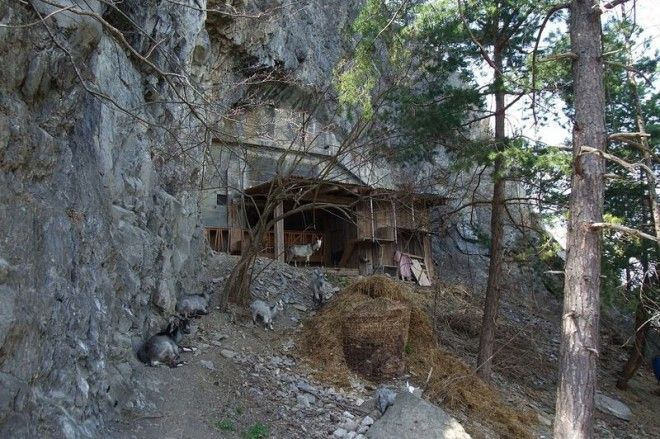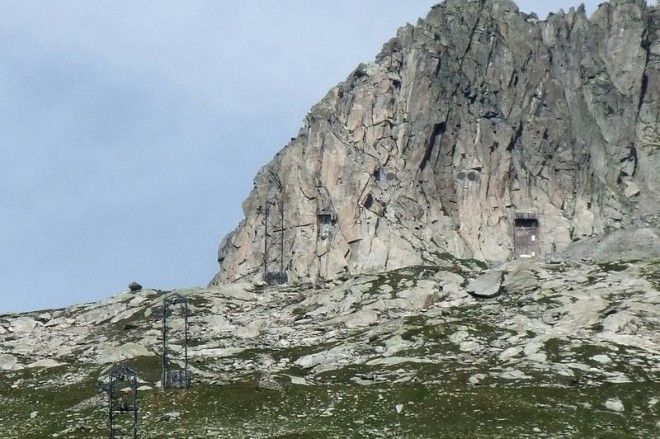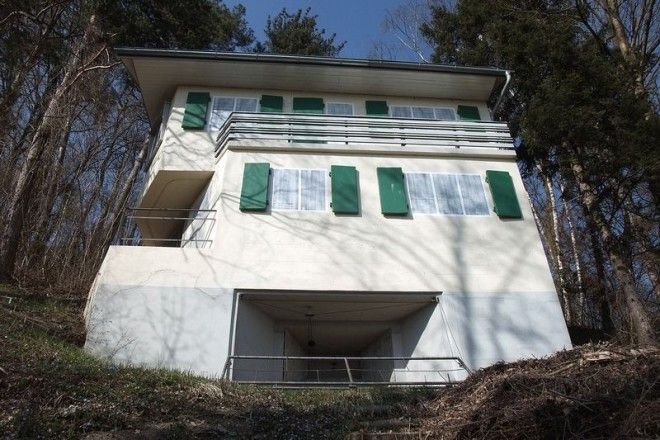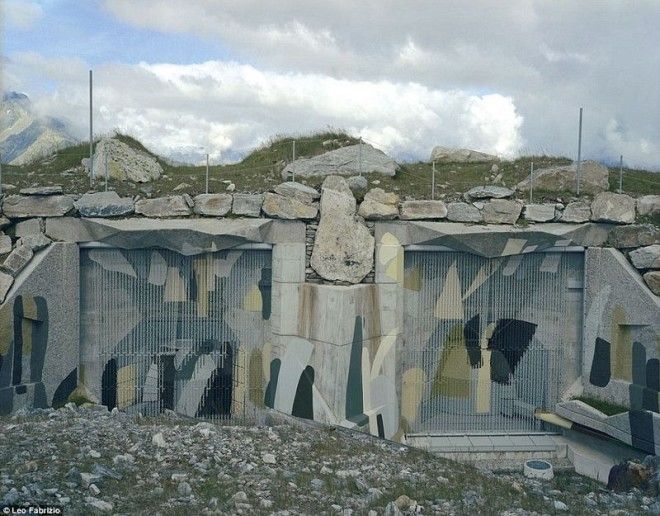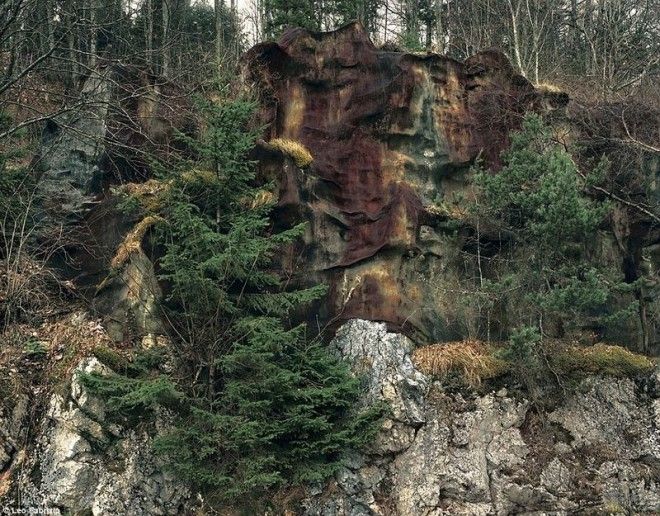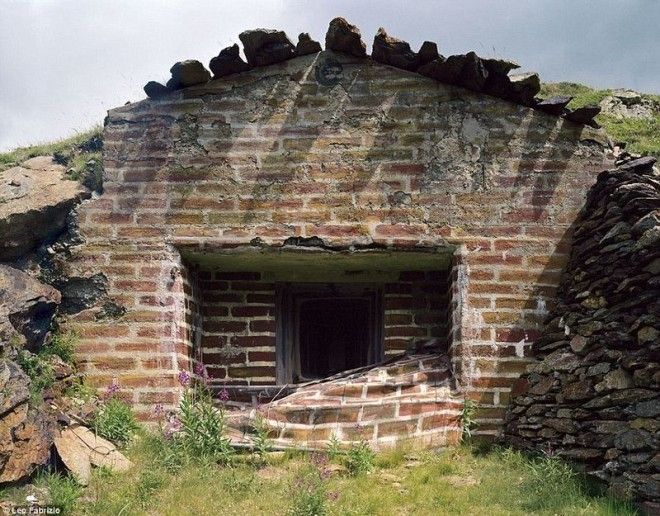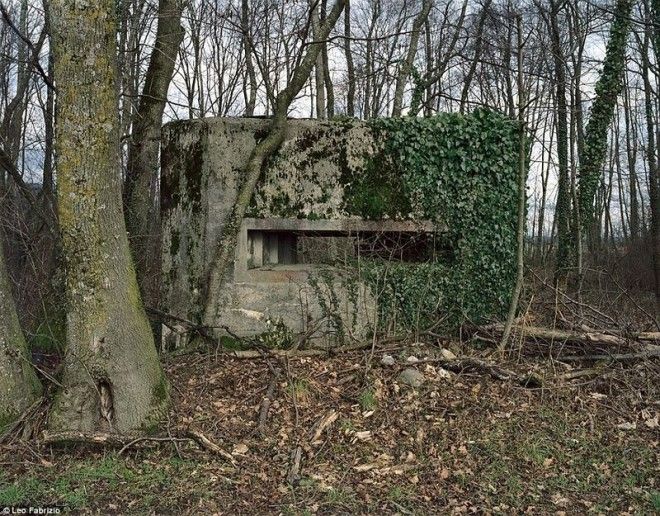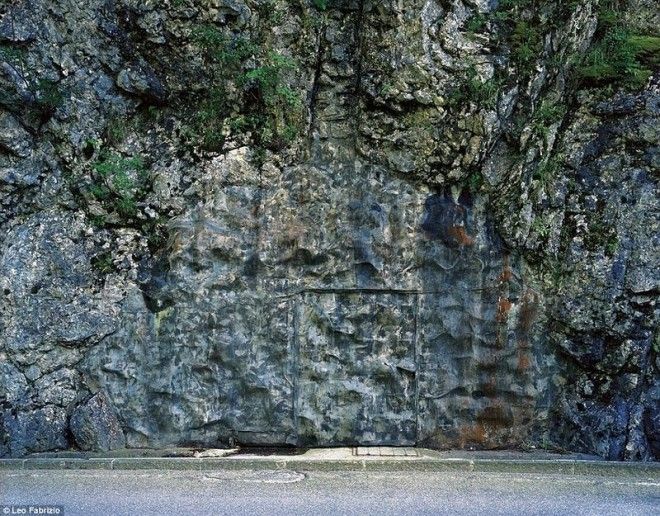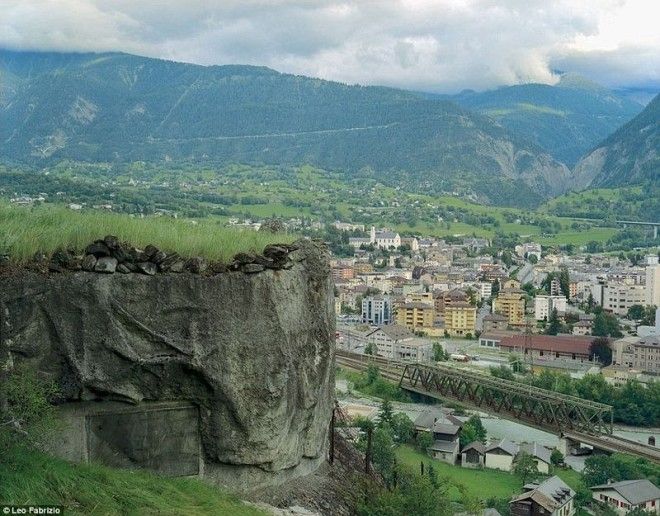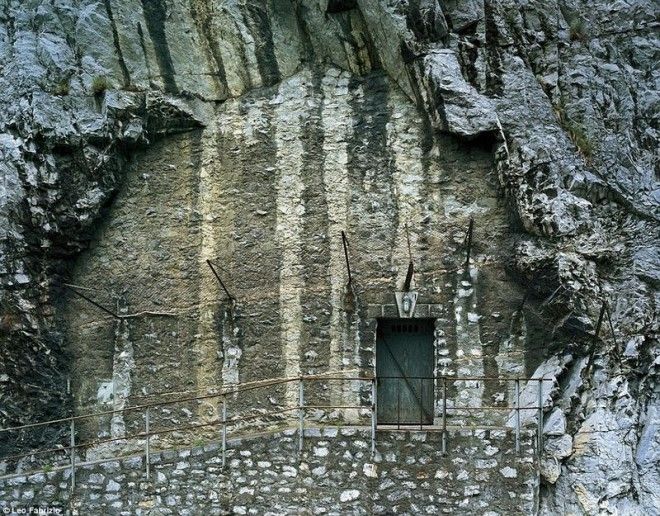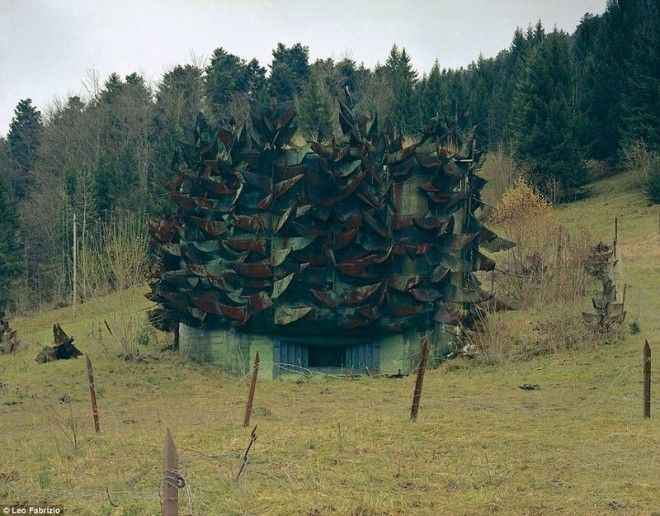Enormous caverns are dugout on the mountain side to function as ad-hoc airbases with hangars. Every major bridge, tunnel, road and railway has been rigged so they could be deliberately collapsed, whenever required, to keep enemy armies out. Highways can be converted into runways by quickly removing the grade separations in between the lanes.

The country has nuclear fallout shelters in every home, institutions and hospitals, as well as nearly 300,000 bunkers and 5,100 public shelters that could accommodate the entire Swiss population if required. Switzerland also has one of the largest armies on a per capita basis, with 200,000 active personnel and 3.6 million available for service. Every male citizen under 34 years old (under 50 in some cases) is a reserve soldier. Soldiers are even allowed to take all personally assigned weapons to home. If anyone were to invade Switzerland, they would find a nation armed to the teeth.
In his 1984 book, La Place de la Concorde Suisse, acclaimed New Yorker author John McPhee quoted a Swiss officer as saying: "Switzerland doesn't have an army, Switzerland is an army." Indeed, Switzerland’s powerful citizen army has helped preserve the country’s neutrality and keep neighboring countries from invading Swiss territory. The country hasn't been involved in any military conflict for 200 years.

Fortification of the Swiss alpine region began in the 1880s. They were intensified and modernized during the World War and again during the Cold War period. But today, as a neutral country with no immediate threats to its borders, most of the bunkers lie empty and many are falling into disrepair. Some have been converted into shelters for homeless people, others house things like museums and hotels.
The Swiss government considered closing them down but the cost of decommissioning — an estimated $1 billion — far surpasses what it takes annually to maintain them. While the matter is still debated, the bunkers are likely to stay because they still provide use as fallout shelters. "Neutrality is no guarantee against radioactivity," they say. In 1978, a law was passed requiring all new buildings to incorporate a shelter. If a family decides against building a shelter, they must pay for a place in the public shelter. Switzerland is the only country in the world that could provide protection to its entire population of 8 million, and more.


